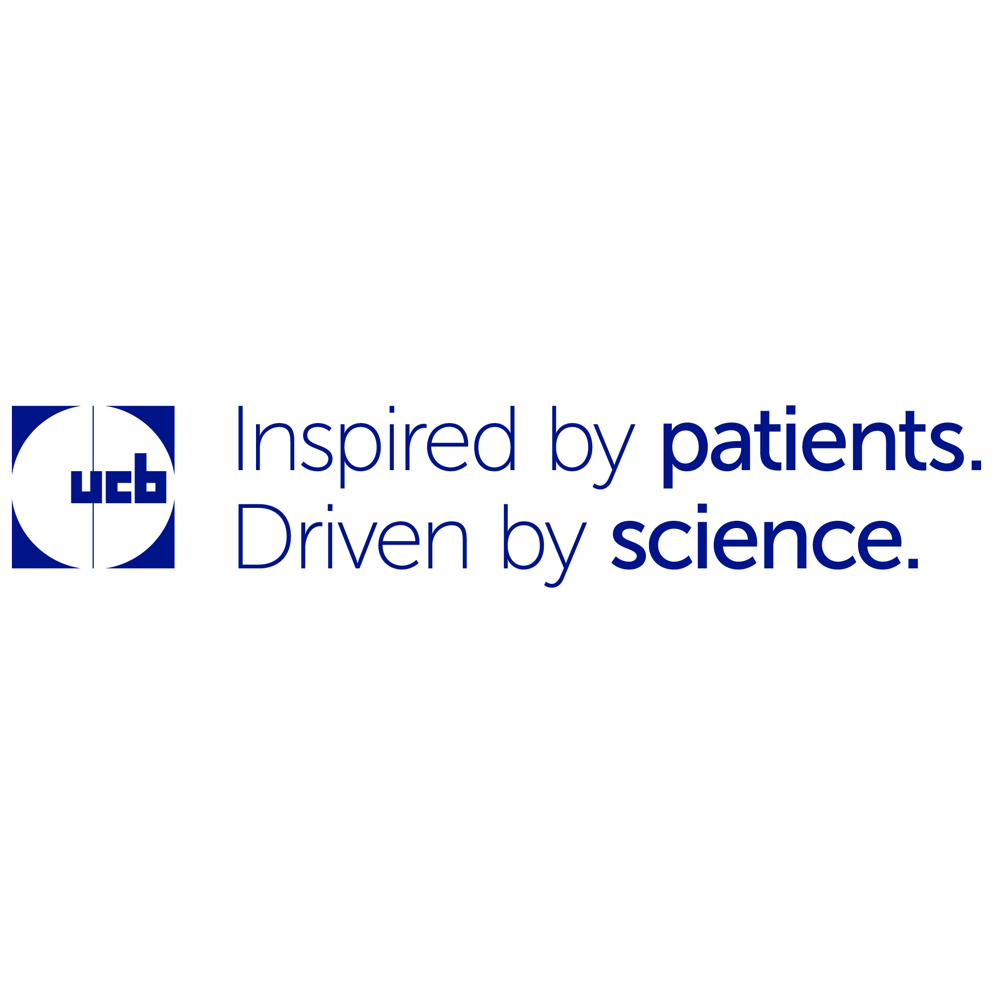
Advances in hidradenitis suppurativa
Focused updates on pharmacological therapy, surgery, disease management and pathophysiology, including:
- Articles covering key advances in HS from the 13th Conference of the European Hidradenitis Suppurativa Foundation (EHSF 2024)
- Expert video interviews featuring insights into barriers in surgery, post-operative recurrence, and opinions on the debate between HiSCR and IHS4
Highlights
Surgical updates in HS, with Professor Falk Bechara. View transcript.
EHSF 2024 key developments, with Dr Antonio Martorell. View transcript.
Comorbidities and patient–provider viewpoints, with Dr Philippe Guillem View transcript.
Meet the experts
Dr Antonio Martorell
Dr Antonio Martorell is coordinator of the Spanish Hidradenitis Suppurativa Taskforce and responsible for the research and development unit at the Spanish Academy of Dermatology and Venereology. He is also co-founder of Dermus Imaging taskforce and board member of the International Cutaneous Ultrasound Society.
Disclosures: Honoraria from AbbVie, Amgen, Boehringer Ingelheim, Janssen, LEO Pharma, Lilly, L’Oreal, Novartis, Sandoz, and Sanofi.
Professor Falk Bechara
Falk Bechara is Professor of Dermatology, Allergology and Venereology at the Ruhr University Bochum, Germany. He is the past President of the German Society of Dermatologic Surgery (DGDC). Professor Bechara coordinates the Skin Cancer Center at the Ruhr University Bochum, with focus on reconstructive dermatologic surgery, and leads the Clinical Study Center for inflammatory skin diseases.
Disclosures: Honoraria for participation in advisory boards, in clinical trials, and/or as a speaker from AbbVie Deutschland GmbH & Co. KG, AbbVie Inc., Boehringer Ingelheim Pharma GmbH & Co. KG, Celltrion, Dr Wolff, Incyte Corporation, Janssen-Cilag GmbH, Mölnlycke, MoonLake, Novartis Pharma GmbH, and UCB Pharma.
Dr Philippe Guillem
Dr Philippe Guillem is a French surgeon specialising in visceral, digestive and proctologic surgery. He is a member of the French Association of Surgery (AFC), the National French Society for Colo-Proctology (SNFCP), and the European Hidradenitis Suppurativa Foundation (EHSF).
Disclosures: Honoraria from AbbVie, Cicaplus, Inresa, Novartis, and UCB.
of interest
are looking at
saved
next event
This content has been developed independently of the sponsor, UCB Biopharma SRL, which has had no editorial input into the content. EPG Health received funding from the sponsor in order to help provide its healthcare professional members with access to the highest quality medical and scientific information, education and associated relevant content. This content is intended for healthcare professionals only.

